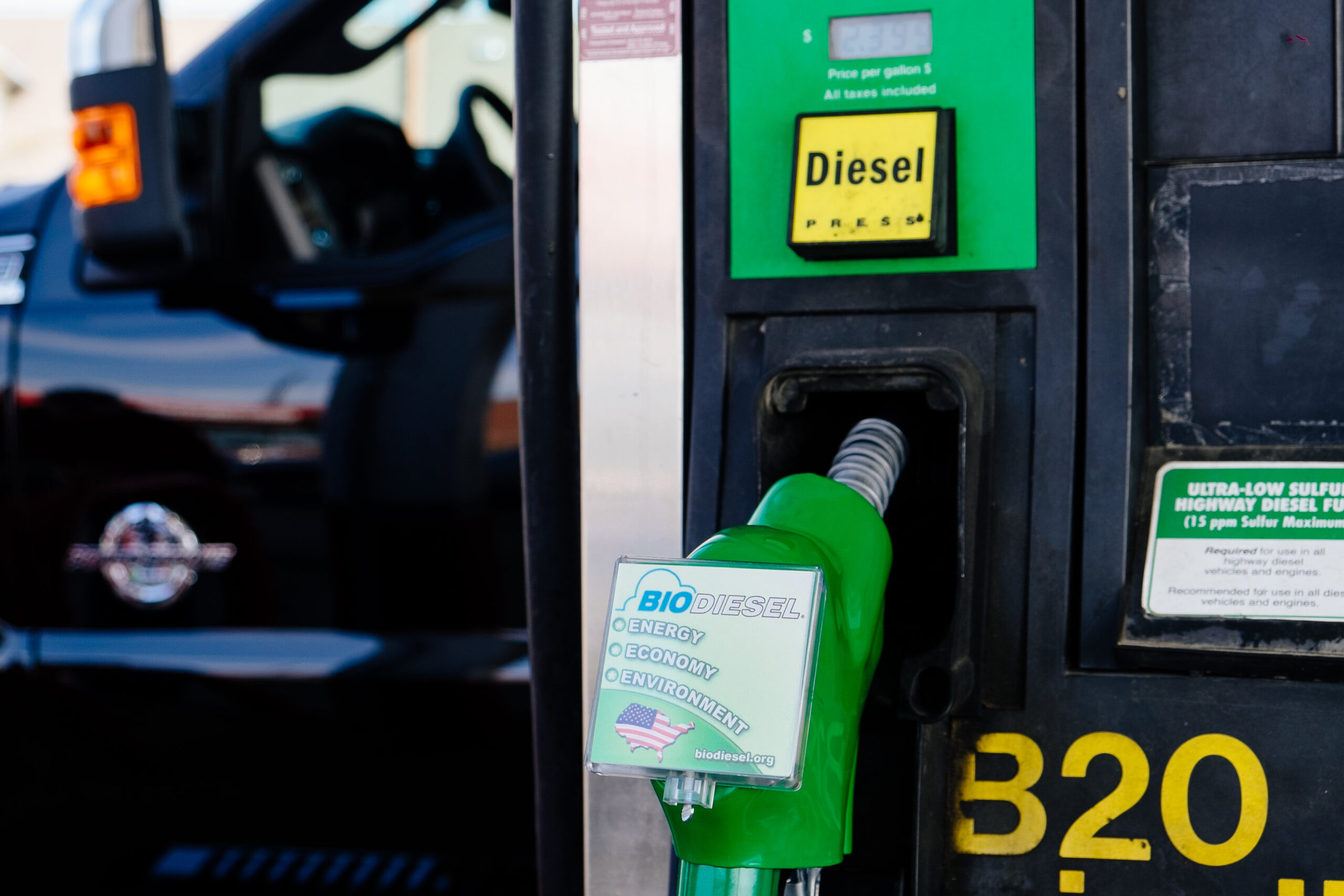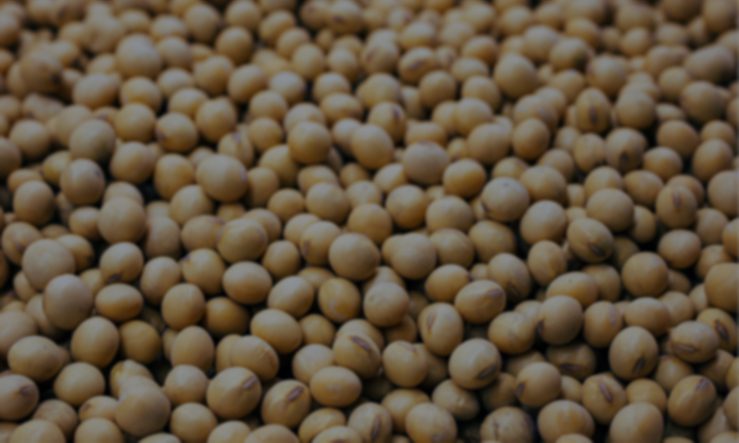Top 10 Reasons Customers Are Using Biodiesel
January 14, 2022

- Biodiesel is America’s first domestically produced, commercially available Advanced Biofuel and meets Environmental Protection Agency (EPA) requirements for inclusion and use under both the Advanced Biofuel and Biomass-Based Diesel categories of the Renewable Fuel Standard (RFS-2).
- U.S. biodiesel reduces lifecycle carbon emissions on average 80% compared to petrodiesel, making it the best carbon reduction tool of any liquid fuel commercially available.
- Biodiesel has the highest energy balance of any commercially available U.S. fuel.
- Biodiesel is produced from a variety of renewable resources, such as plant oils, animal fats, recycled grease, and even algae, making it one of the most sustainable fuels on the planet. And with biodiesel, you don’t sacrifice food for fuel. Oils and fats for biodiesel are a minor by-product of producing high-protein feeds (soybean meal) and quality meats.
- Biodiesel production reduces our dependence on foreign oil from unstable parts of the world, while expanding and diversifying our domestic refinery capacity.
- Biodiesel is biodegradable, non-toxic, burns much cleaner than petrodiesel and is better for your health. Compared to petrodiesel, biodiesel reduces black smoke (particulates), carbon monoxide, and harmful unburned hydrocarbons that cause smog.
- Biodiesel helps our U.S. economy and improves our balance of trade. Using biodiesel creates added outlets for farm-based products and high paid manufacturing jobs in rural parts of our country.
- Using biodiesel is easy! B20 and lower blends are a drop-in replacement for petrodiesel. They can be used in any diesel vehicle without modification, according to manufacturers’ recommendations, and dispensed through existing fueling stations. For a listing of original equipment manufacturer (OEM) position statements on biodiesel, visit www.biodiesel.org/using-biodiesel/oem-information.
- Biodiesel production is guided by stringent American Society for Testing and Materials (ASTM) fuel specifications, developed through years of testing. ASTM D6751 is the standard for B100 biodiesel for use as a blend stock with petrodiesel; ASTM D7467 is the standard for B6-B20 blends. The diesel fuel specification ASTM D975 also includes an allowance for up to 5 percent biodiesel as part of the standard diesel fuel pool.
- The biodiesel industry has an excellent fuel quality program called BQ-9000 (www.bq-9000.org). BQ-9000 Certified Biodiesel Producers, Marketers, Retailers and Laboratories help ensure that only the highest quality biodiesel meeting ASTM specifications gets put into your fuel tanks.
